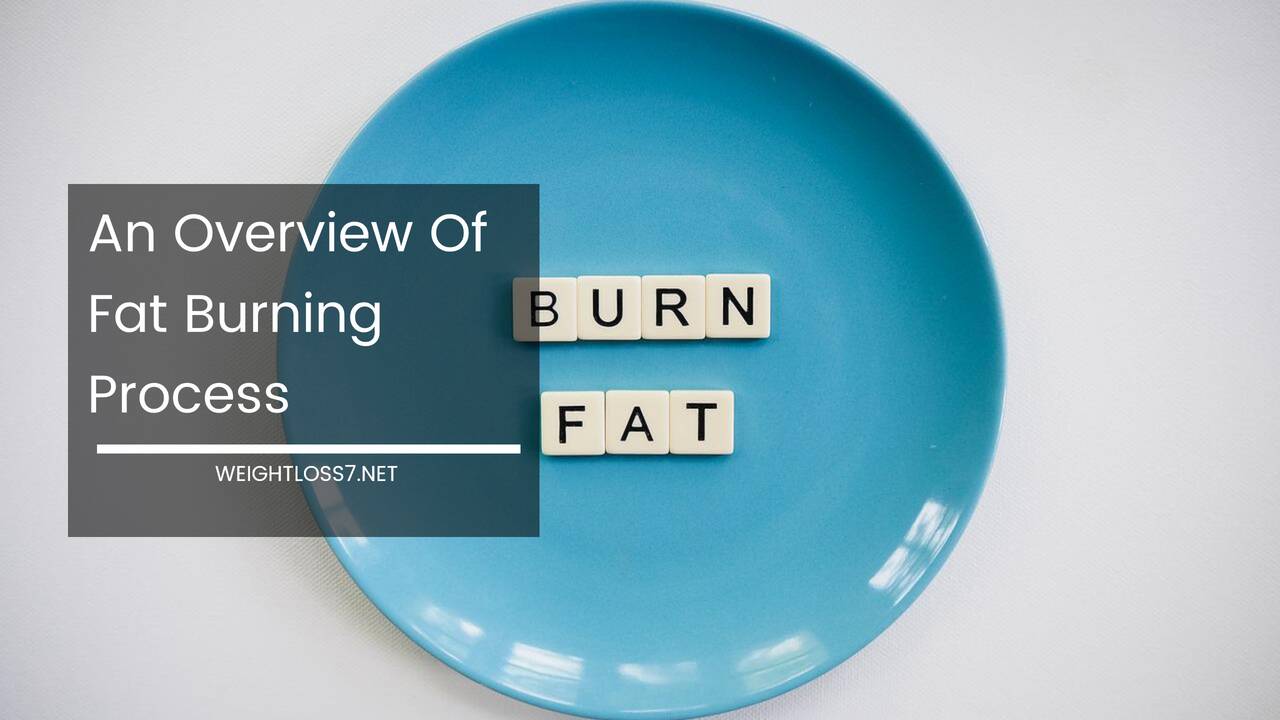Restrictive Low-Calorie Diet Does Not Improve Longevity

For decades, researchers and many in the general public have believed that a diet very restrictive in calories can improve longevity and help you live a longer life.
A new study published in Nature journal, however, finds that this may not be the case.
Over thirty years ago, a group of scientists decided to test the theory that this calorie restriction could extend the life of already long-lived primates like humans, as many decades-long studies have already shown such a diet increases the lifespan of lower organisms like rodents.
Two teams working independently of each other — one team from the United States National Institute on Aging (NIH) and the other working from the Wisconsin National Primate Research Center (WNPRC) — got to work.
Both teams of researchers put rhesus monkeys on diets with 40% less calories than usual with periodic updates on the animals’ life span and general health.
NIH Results
It turns out the monkeys at NIH on an extremely calorie restrictive diet did not have improved longevity over the rhesus monkeys on a diet with more calories.
No matter what the monkeys consumed, their maximum lifespan was around 40 years. When the study was published this year, about 50% of the monkeys that began the study when they were young were still alive.
Researchers do predict that all remaining monkeys will live to be roughly the same age.
Researchers did note that the rhesus monkeys that began the reduced calorie diet when they were young tended to develop age-associated diseases later in life.
This diet also seemed to decrease the risk of cancer and diabetes while increasing the risk of heart disease. Monkeys on the diet also showed better overall health.
These dieting monkeys were thinner than the monkeys in the control group and, if they started the diet between the age of 16-23, they also had lower blood sugar levels and blood fat levels, on average, than the monkeys in the control group.
WNPRC Results
Interestingly, the results from the independent WNPRC study were very different and found that the rhesus monkeys on a calorie restrictive diet did outlive the monkeys in the control group.
It may be the design of the study that accounts for this difference.
The monkeys in the Wisconsin study consumed a diet with the typical aspects of an average diet in the United States, such as high sugar amounts.
The monkeys in the NIA study, on the other hand, ate a much healthier diet and took vitamins. It’s possible the monkeys in the NIA study simply didn’t gain the longevity benefit of a reduced calorie diet because they were already eating a very healthy diet.
The monkeys in the NIA study also received two scheduled meals every day, while the monkeys in the WNPRC study were allowed to eat whenever they wanted.
Furthermore, the genetic variations between the monkeys in the studies may also play a role as they both had a rather small number of individuals.
Where did the Idea of Calorie Restriction Come From?
The theory that a very calorie restrictive diet can extend longevity actually dates back to the 1930′s, when researchers at Cornell discovered it extended the lives of rodents in the lab by around 40%.
This type of diet has also proved effective at increasing longevity in other species, including simple worms and dogs. Researchers believe this state of mild hunger creates a constant stressor that makes the animal more resistant to aging symptoms.
Consuming fewer calories a day is also known to slow the body’s metabolism, which may have a role in slowing down the process of aging.
These two studies completed in the United States represent the very first long-term look into how a calorie restrictive diet may effect humans.
It’s clear that it doesn’t have nearly the impact that it does on other primitive organisms like worms and rodents, but researchers still have a lot of work to do to find further evidence of the diet’s ability to increase longevity in humans.

















